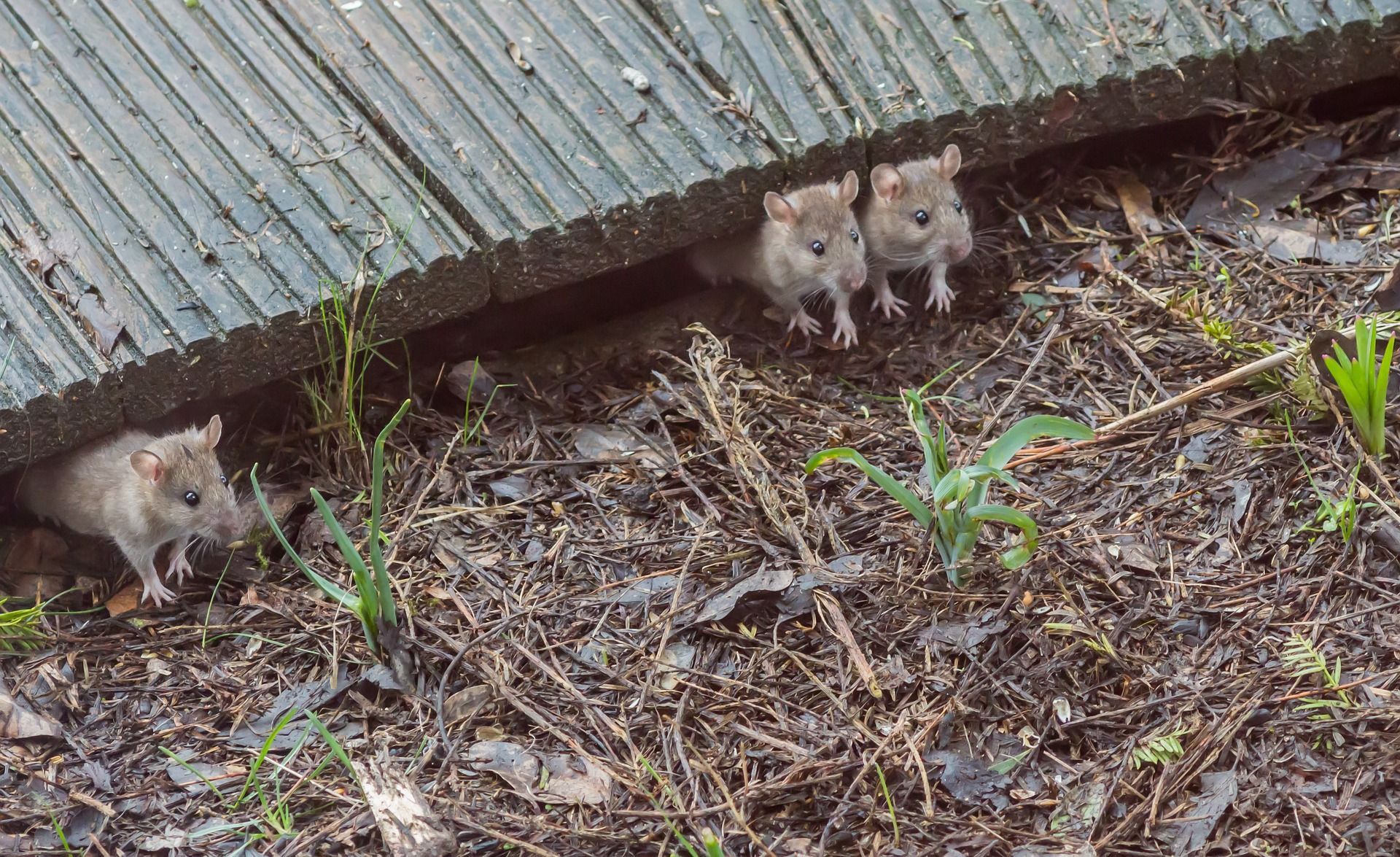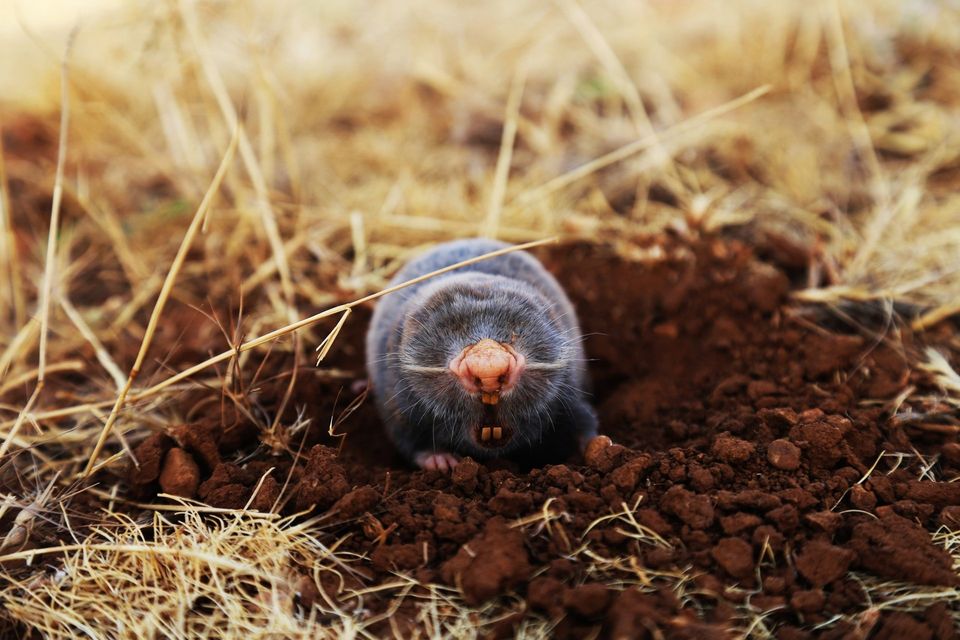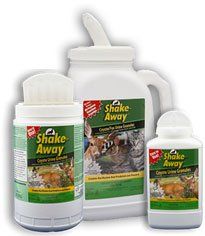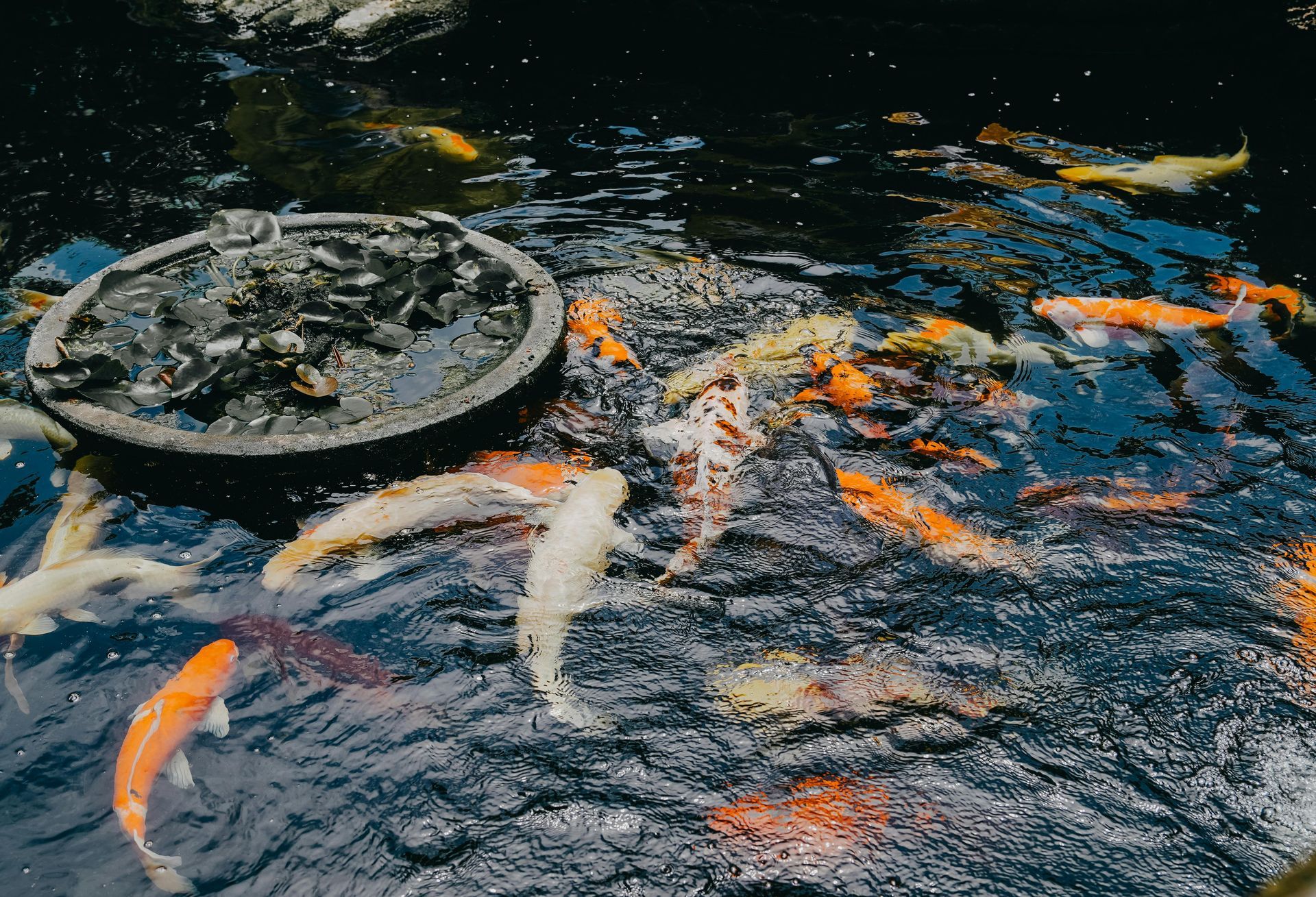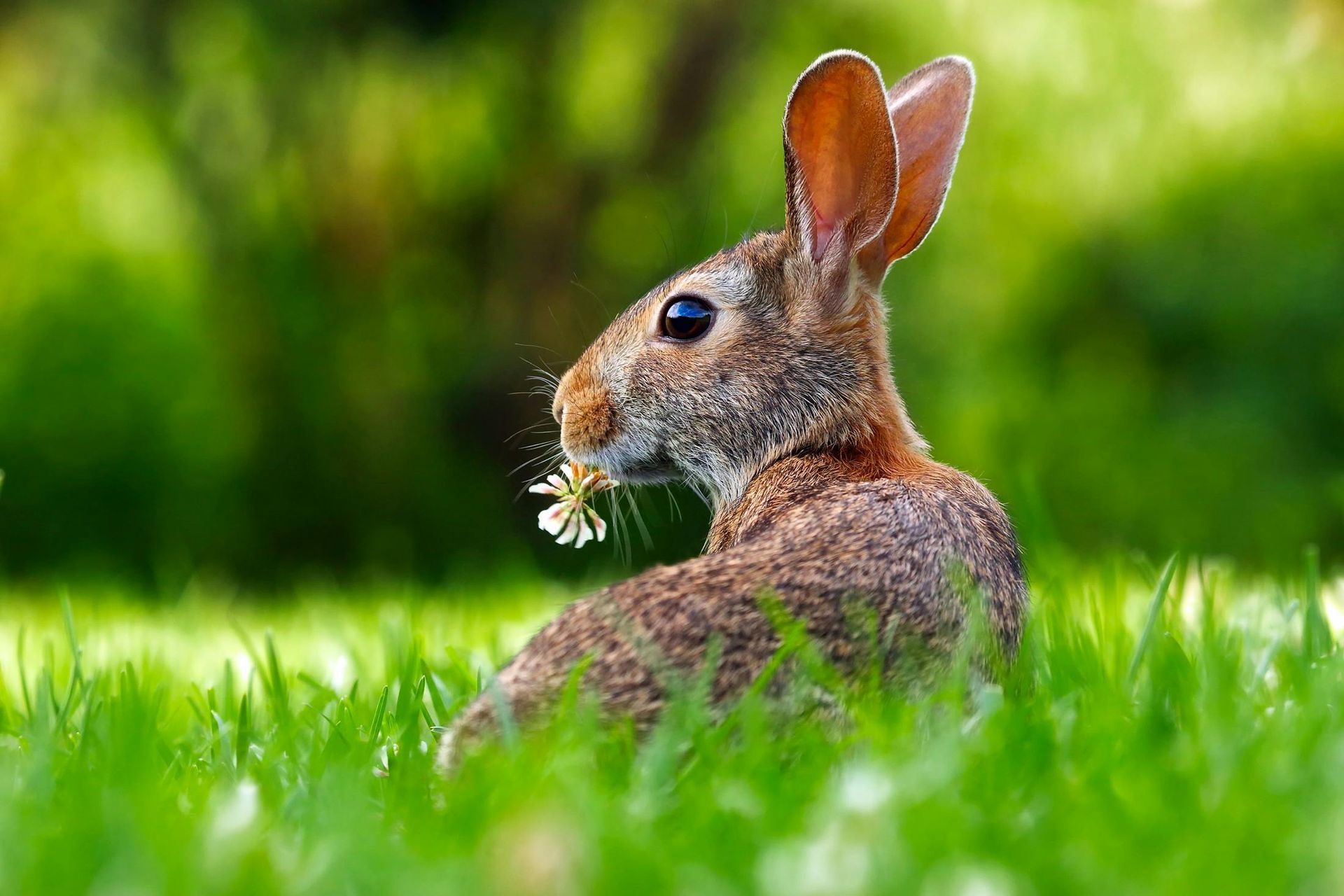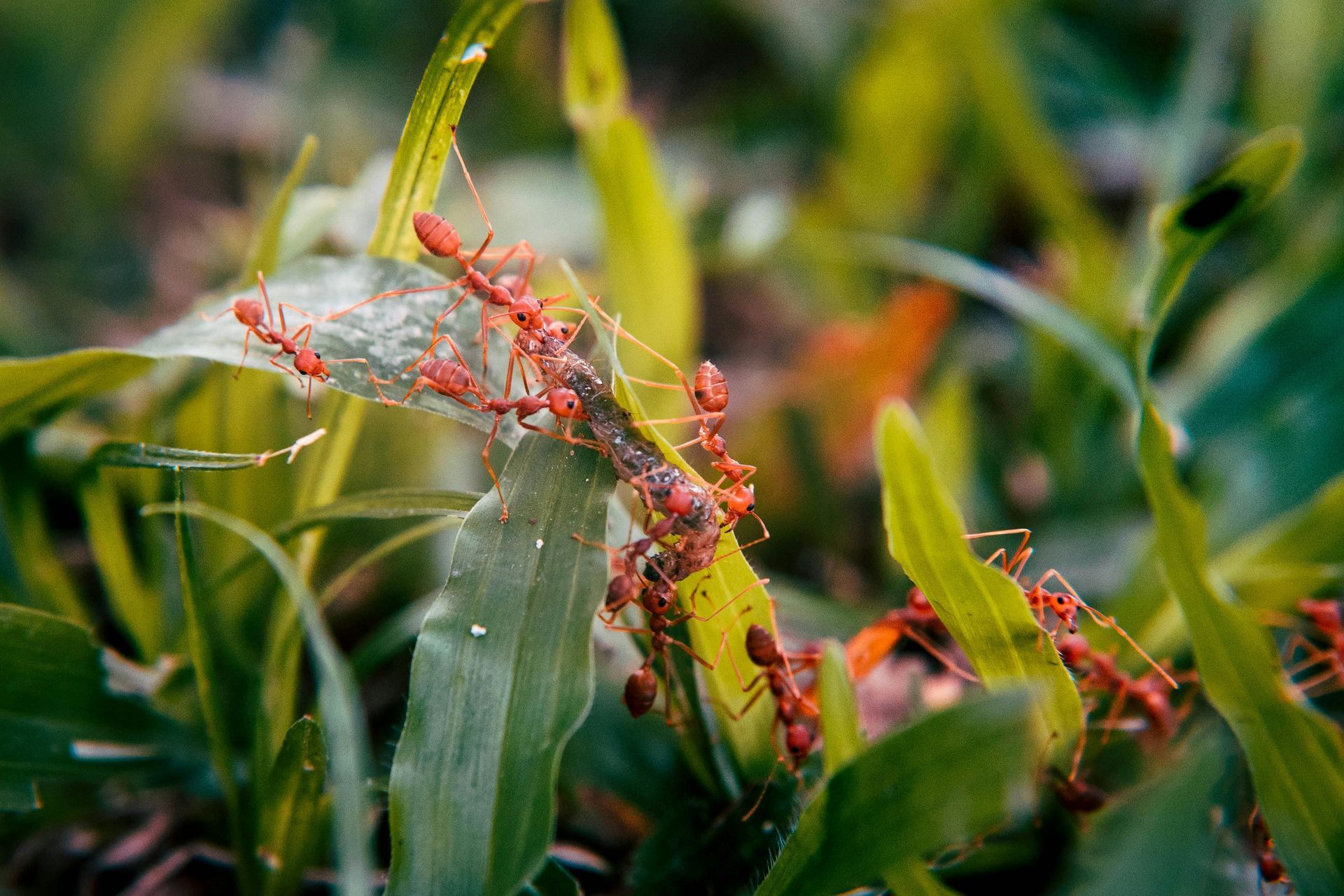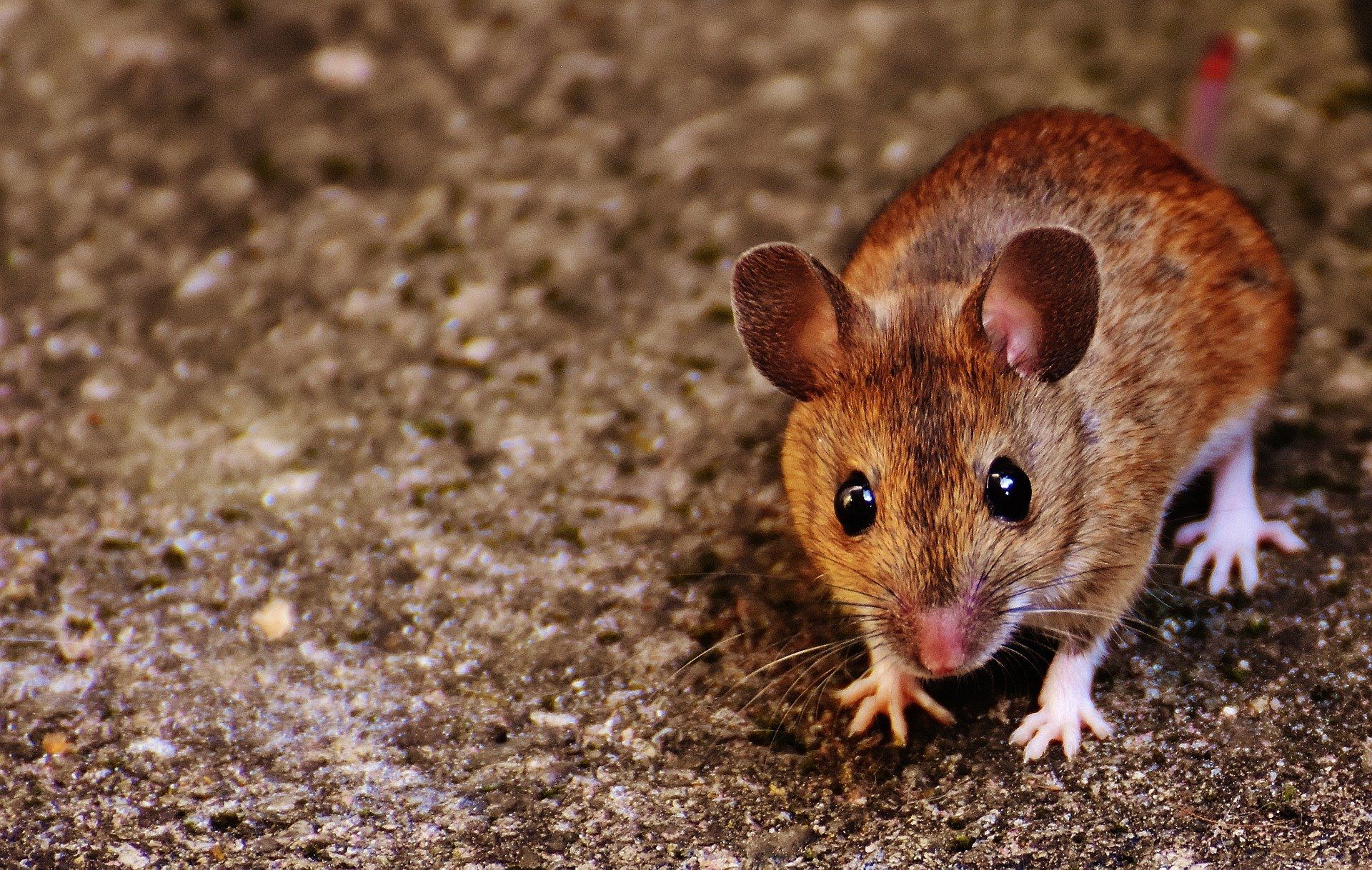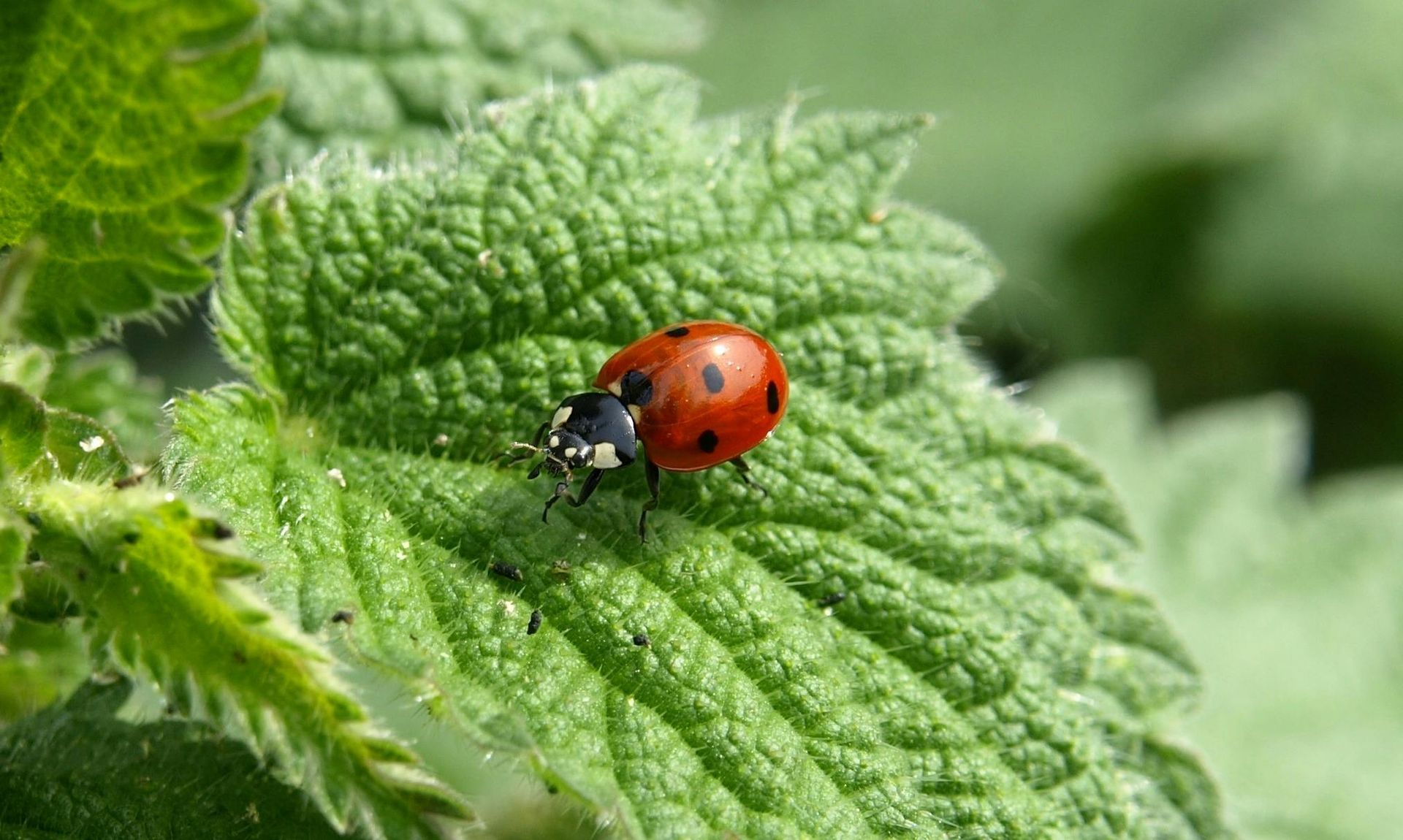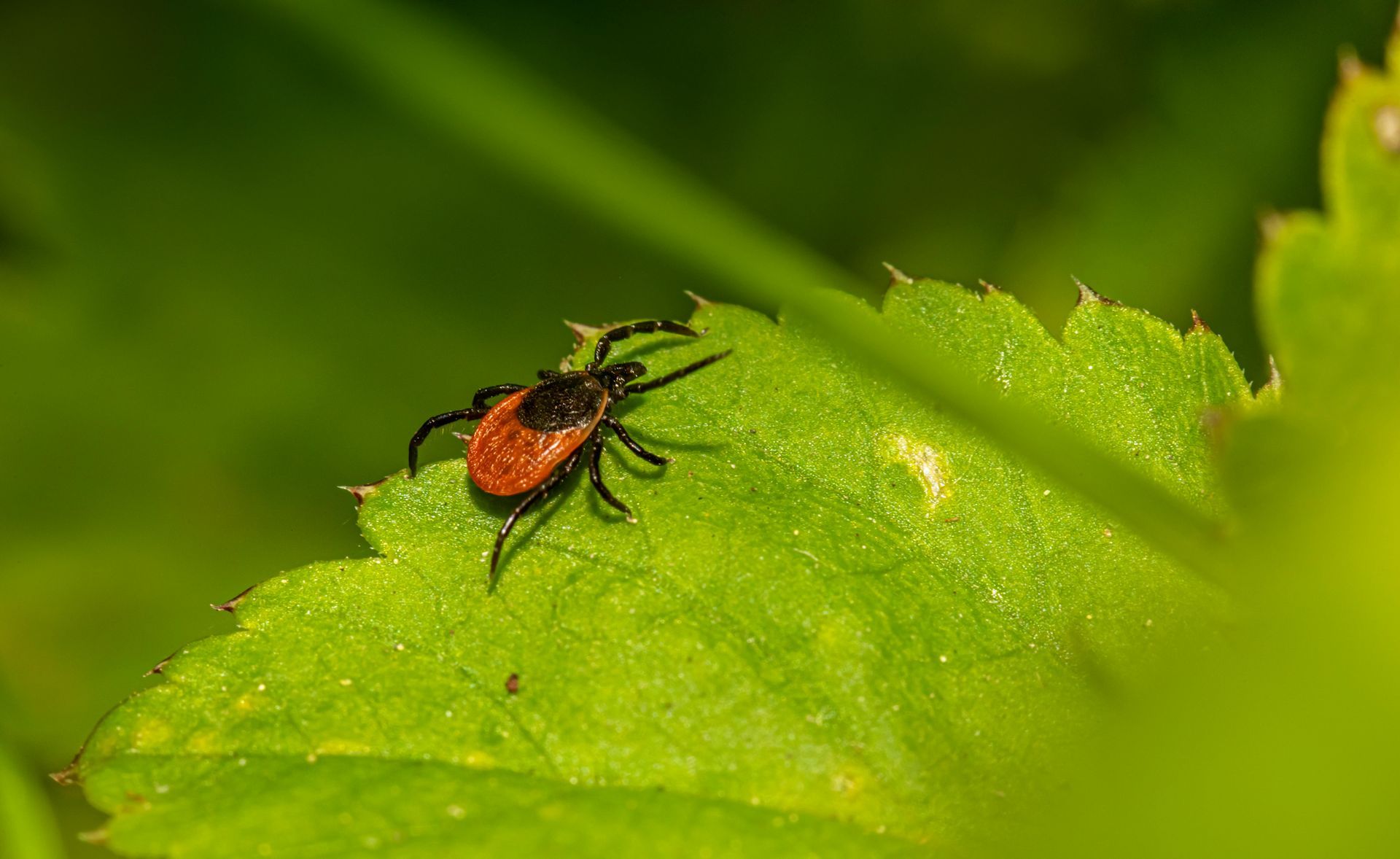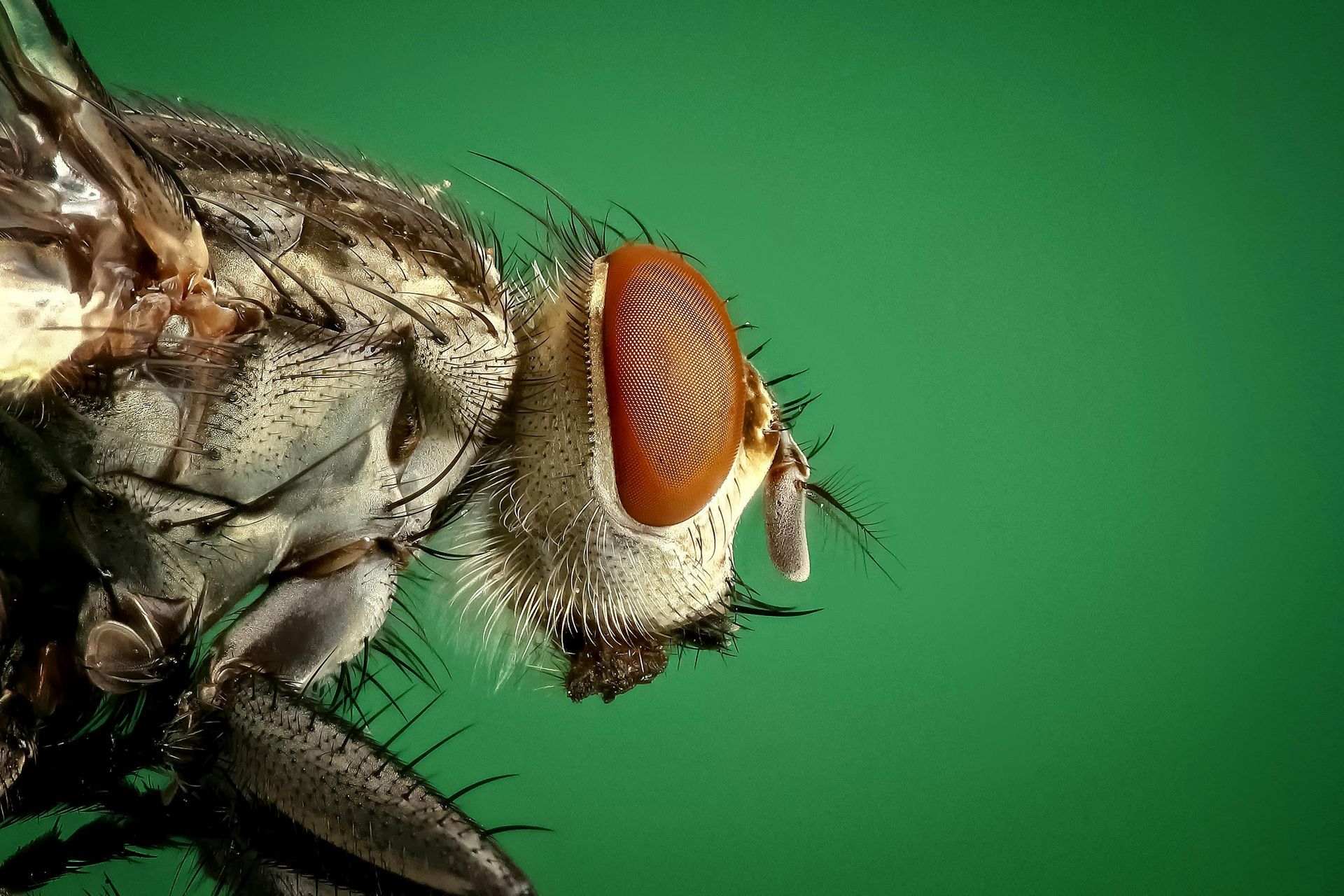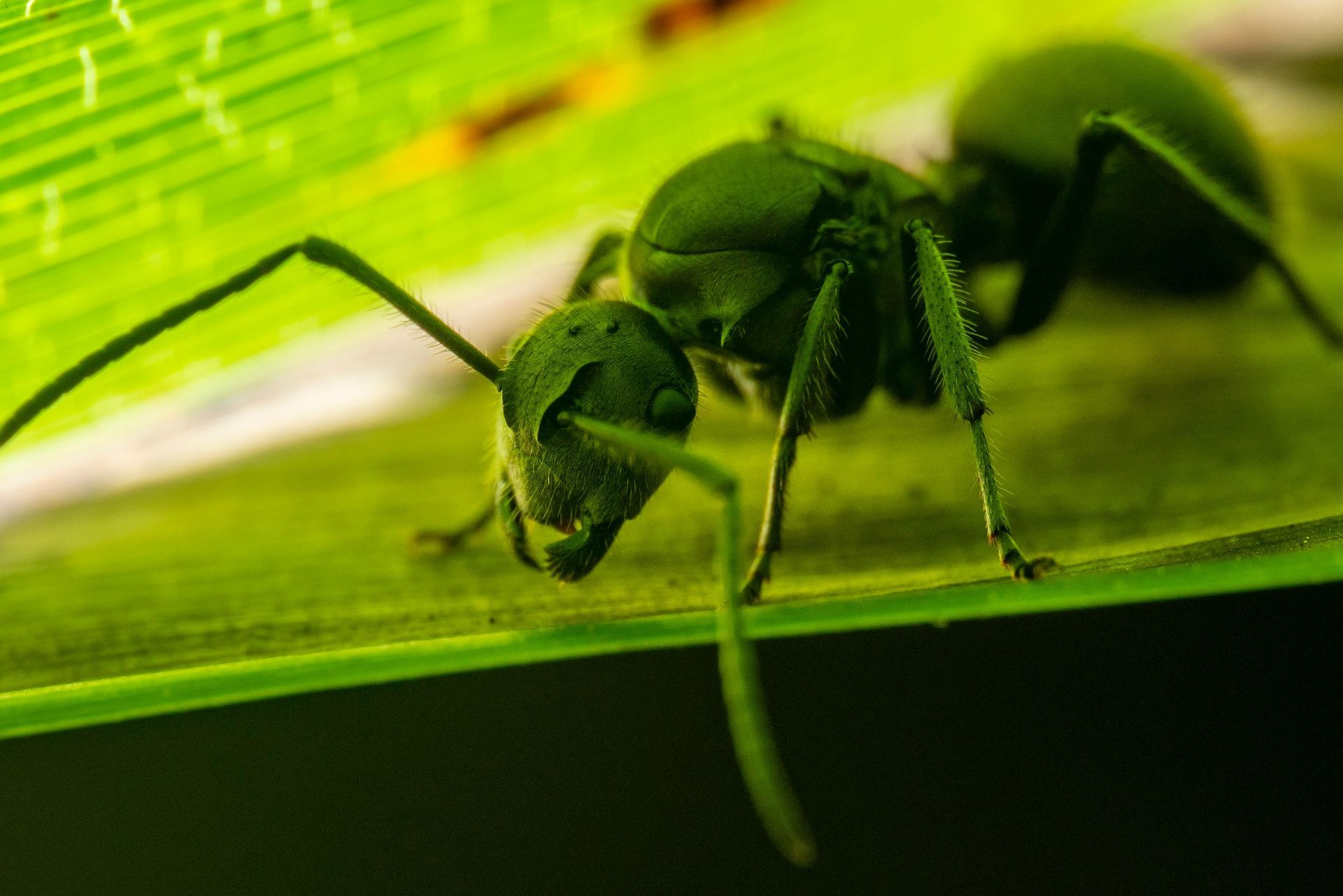How to Get Rid of Moles from Your Yard
Home Remedies and What To Do When They Don't Work
Many people consider their yard a place to relax, whether they are interested in drinking cocktails on their patio or love gardening in their spare time. In fact, gardening can offer some very real mental health benefits. Either way, your lawn can be an incredible place for the family to have fun, for pets to run wild, or for guests to gather. Unfortunately, it can also be a place for uninvited animals, pests, and critters.
You might have spent months, or even years, to make sure that your yard looks and feels a certain way. What happens when you suddenly realize that there are mole tunnels in your yard? Here are some quick tips that might help you get rid of them.
Coffee Grounds/Pet Waste
Did you know that coffee grounds can actually deter moles? This is a great way to fertilize your soil while also deterring moles. Apparently, moles are not fans of the scent of coffee grounds. If you scatter coffee grounds near the holes of the mole tunnels - you might have helped solve your problem. If you’re a frequent coffee drinker - this “home remedy” might not cost you anything!
However, this method by itself might not be enough to get all of the moles out of your yard. You might be surprised to find out that moles don’t like pet waste. Consider placing your pet waste at the entries and exits of mole tunnels.
It would be wonderful if we could solve an issue with home remedies that are already in the kitchen. Unfortunately, home remedies are not always enough. Sometimes, it requires purchasing a product to finally solve your issue. While there are many mole repellents on the market, an effective and natural mole repellent can be a great way to save time and make sure that the problem is addressed. Be sure to look for a repellent that is safe (especially if you have children), and offers a guarantee of some kind. You might want to read some customer reviews to find out whether the repellent works or not, as well.
The Right Noises
Did you know that moles can’t stand certain noises? You might find that introducing noises to your yard might be the ultimate way to permanently get moles away from your yard. If you purchase wind chimes, you might find that it can be annoying to them. It should also be noted that moles don’t like loud noises - so you might want to kick things up a notch.
If you have a serious mole problem in your yard, why not just place a portable radio in your yard and start blasting music? Obviously, you might want to let your neighbors know what you are doing, depending on when/how often you are playing this music. One extra tip is to place the portable radio in a plastic bag so that it doesn’t get damaged by dirt and/or the elements. You might also want to purchase products, such as sonic spikes, that can help to deter moles, as well.
Critter Repellent All Natural Animal Repellent Blog
